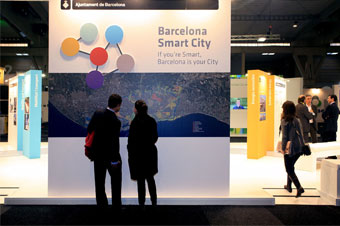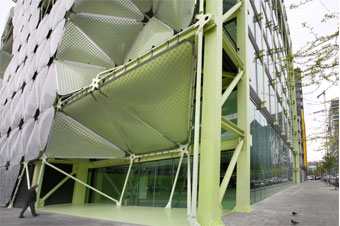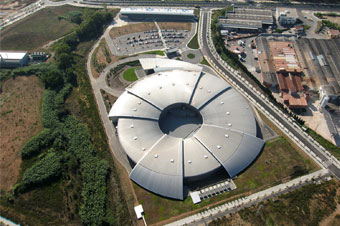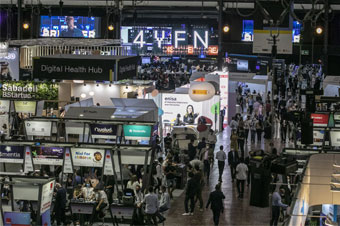One of Barcelona’s priorities is to become the leading tech hub in southern Europe:
Barcelona has a past that is rich in scientific knowledge. The city is currently the top R&D hub in southern Europe and a leader in science-based entrepreneurship. It is also a leading biomedical research hub in southern Europe, and a benchmark city for information technologies, photonics and particle acceleration.It is currently home to:
• 8 universities.
• 31 research centres.
• 9 science academics and professional associations.
Barcelona is also home to 8 major science and technology infrastructures:
• The MareNostrum and Minotauro supercomputers at the Barcelona Supercomputing Center – National Centre for Supercomputing (BSC-CNS).
• The sequencing platform of the National Centre for Genome Analysis (CNAG).
• The Fabra Observatory.
• University of Barcelona Electron Microscopy Unit Applied to Materials (ELECMI).
• Integrated Coastal Infrastructures for Experimentation and Modelling (iCIEM).
• University of Barcelona Nuclear Magnetic Resonance Laboratory (LRM).
• Computing infrastructures of the Consortium of University Services in Catalonia (CSUC).
• The ALBA synchrotron in Cerdanyola del Vallès.
• Micro and Nanofabrication Clean Room of the Institute of Microelectronics of Barcelona
(IMB-CNM-CSIC)
Barcelona is a leader in the adoption of information and communication technologies (ICT) and is one of the most dynamic centres in Europe for mobile apps, the internet of things, e-commerce, videogames and big data, while giving support to training future generations:
• Barcelona is ranked the 21st best city in the world and the 8th best city in Europe for international students (according QS Best Student Cities) and is the most popular Erasmus destination.
• Barcelona has 1,900 startups. 64% of these work in industry 4.0 technologies, particularly in ICT, leisure and health.
• Barcelona is home to several technology hubs, including Pier01; the Barcelona Health Hub, which specialises in digital health and technology applied to medicine; the Barcelona Science Park (PCB), a major centre in the field of bioscience; and the Northern Campus of the Pompeu Fabra University (UPC), which is home to the Barcelona Supercomputing Center.
SUSTAINABLE TECHNOLOGY AND AN INNOVATIVE SPIRIT
Science and technology must guarantee the well-being, economic prosperity and safety of the community. With this aim in mind, the local technology sector has made a firm commitment to sustainable solutions applied to healthcare, climate change, leadership in technology, gender equality and the preservation of science and technology.
This spirit of innovation continues to thrive and the desire to apply these breakthroughs to different areas of society have made Barcelona one of the world’s trailblazers for architecture, design, the performing arts, food, sport, tourism, scientific research, knowledge and the social environment. Barcelona was the first city in the world to implement a science and technology diplomacy strategy with the SciTech DiploHub.
SMART CITY

 One of Barcelona’s priorities is to become the leading tech hub in southern Europe:
One of Barcelona’s priorities is to become the leading tech hub in southern Europe: 

